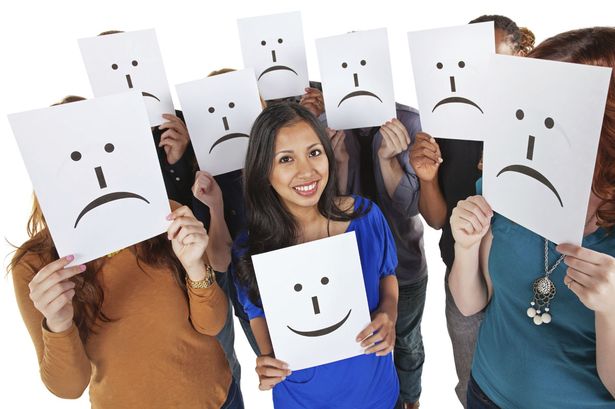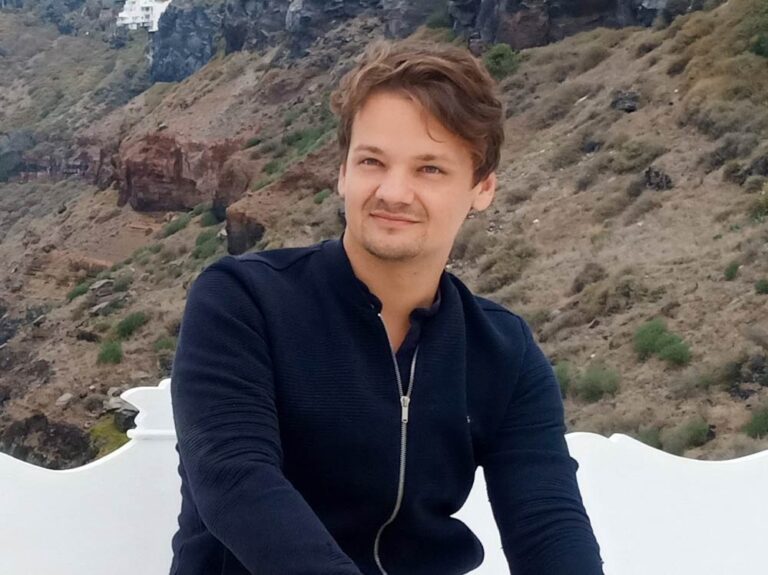When I talk about the benefits of happiness I often hear people ask me about a Utopian extreme, by saying “What If We Were All Happy?” Then, they make the dystopian argument, by saying that this would never work become we would become all hippies and we would probably become extinct soon after.
To this I always reply that our society is still very far from this level of happiness, meaning that the truly happy people are still the minority. Thus, we are still not in danger of loving butterflies, taking recreational drugs, and holding hands while we are singing under a tree, and there is a lot of space for social growth and improvement.

Dystopian Happiness
I read a few books and saw a few movies about societies where everyone is happy. These movies make happiness seem radical, extreme, and ridicule people who dare to dream about societies like this. For example, they focus on a minority that wants to be unhappy, which is shamed for not being happy,
and forces into social happiness programs, where they are even given drugs to unnaturally increase levels of happiness. Their unhappy people are told that there is something wrong with them, and their unnatural unhappy desires are cured for the sake of the greater good.
But this is not a healthy approach to happiness, as ultimately people should understand why they want to be happy and are giving healthy and sustainable ways to achieving high levels of happiness without any negative repercussions on their health, emotional wellbeing, and sanity.
Always Happy Is possible
It is like organized religion which says “do this or else”, but does not explain “why” people should do these things. This is, unfortunately, the shortcut we often we in our society today, which is good to a degree where people are given a working formula, but which is a limiting approach to life if you really want to excel in a certain domain in life.
This is true, for example, in our current schooling system (which is largely outdated), how we relate to one another (which promoted marriage and having children above anything else), our relationship to money and materialism (which is essentially work 9 to 17h and try to buy as much as possible), and many other domains in life.
Similarly, mindless pursuit of happiness got us some good results, such as the current society in which we are living in. However, in order to excel and move to the whole next level, we really need to study the topic of happiness. The good news is that happiness is possible and it is rather straightforward to achieve.

You just follow the happiness formula, which I discuss in my book, and you are happy. The bad news is that happiness formula is not intuitive, as otherwise, we would already live in a utopian society without depression, anger, jealousy, and other negative emotions, which we know to exist in abundance in our society today.
So the question becomes: Do we chose happiness and are we willing to really make an effort to become truly happy or do we want more of the same, to run a rat race after the happiness that will be elusive no matter how hard we run after it?














